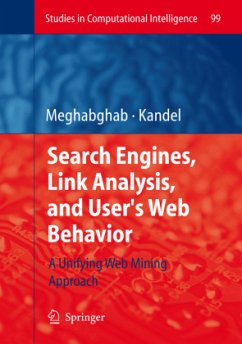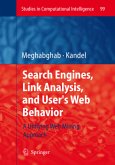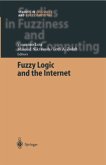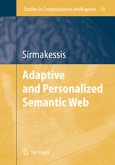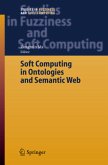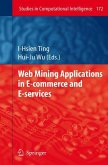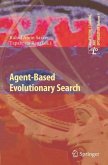WEB MINING Link Analysis Search Engines User's Web Behavior HITS Algorithm Fuzzy Cognitive Map Radial Basis Function PageRank Algorithm Interior Point Method Fuzzy Bags Rgeression Models Rough Sets Information Theory Thisbookpresentsaspeci?cand uni?ed approach framework to three- jor components: Search Engines Performance, Link Analysis, and User's Web Behavior. TheexplosivegrowthandthewidespreadaccessibilityoftheWWW has led to a surge of research activity in the area of information retrieval on VI Preface the WWW. The three aspects of web mining follow the taxonomy of the above diagram: Link Analysis, Search engines, and User's web behavior are considered in the unifying approach. The book is organized in three sections as follows: 1. In section I of the book (chapters 2-4) we study Link Analysis within the hubs and authorities framework. Link Analysis is the science of hyperlink structures ranking, which are used to determine the relative authority of a Web page and produce improved algorithms for the ranking of Web search results. We use the HITS Algorithm developed by Kleinberg and we propose to study HITS in a 2-D new space: In-degree and Out Degree variables. After we categorize each web page into a speci?c toplogy we study the impact of each web topology on HITS in the new 2-D space. We describe why HITS does not fare well in almost all the di?erent topologies of web graphs. We also describe the PageRank Algorithm in this new 2-D space.
Bitte wählen Sie Ihr Anliegen aus.
Rechnungen
Retourenschein anfordern
Bestellstatus
Storno

